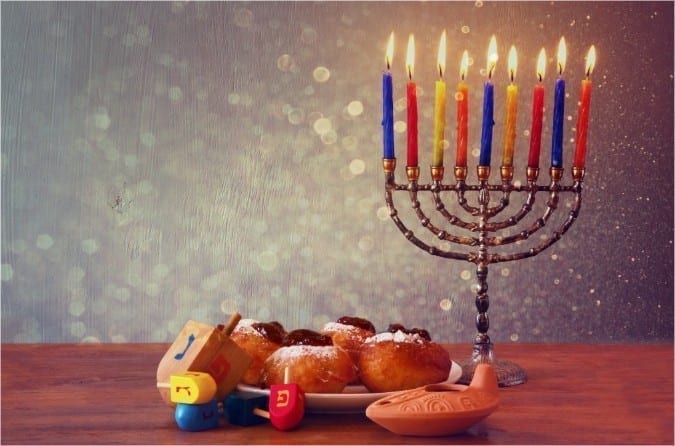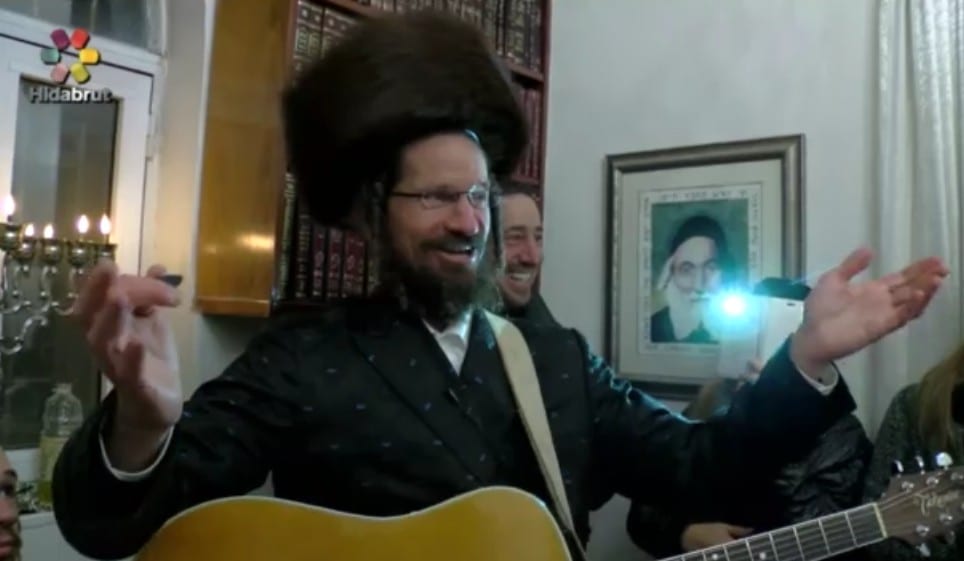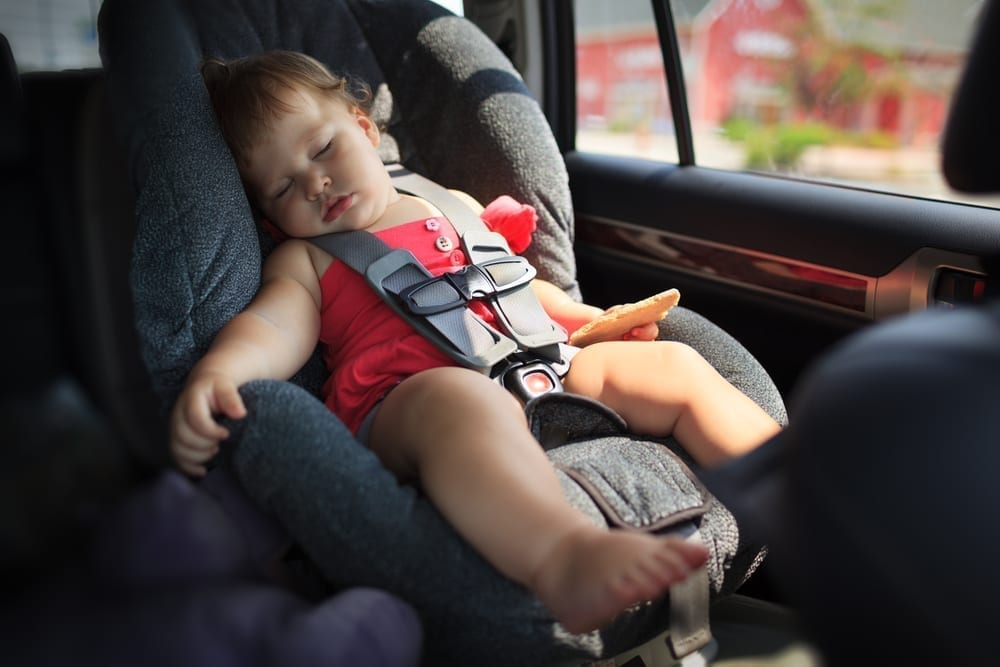On the Saturday night that falls during Chanukah, we first light Chanukah candles in the synagogue, and then recite Havdalah. Even though one who lights Chanukah candles shows from the very lighting itself that he has ended Shabbos, nevertheless, those who haven’t yet lit are still keeping Shabbos until they make Havdalah.
Another reason we light Chanukah candles first is because by lighting the Chanukah candles in the synagogue, we are publicizing the miracle. If we would first make Havdalah and only afterwards light the candles, most people would go home before the Chanukah candle-lighting.
When a man arrives home, however, he should make Havdalah first. Because of the rule that whatever we do more frequently is performed first, he should first recite Havdalah and only then light the candles.
Many have the custom to not do any work until Shabbos is concluded according to Rabeinu Tam’s calendar calculations, which can be almost an hour later. Such a person should only light Chanukah candles after Shabbat is concluded accorded to Rabeinu Tam. The reason why is because it is not just commendable to keep Rabeinu Tam’s times, but the Shulchan Aruch is of the view that each and every person should do so.
One should not recite Borei Me’orei Ha’eish (“Who created the light of fire”) on Chanukah candles because it is forbidden to derive any benefit from Chanukah candles and one can only recite Borei Me’orei Ha’eish on a light from which one has benefit. However, one is allowed to benefit from the menorah’s shammash light and therefore one may recite Borei Me’orei Ha’eish over it.
Regarding lighting an electric menorah, Rav Ovadia Yosef says that one does not fulfill his obligation by lighting an electric menorah because it has no oil or wick, and the original miracle involved the Temple’s menorah oil burning for eight days. One may use candles or paraffin oil and the like for Chanukah lights because there are similarities between them and olive oil — which is not the case with electricity.
There are other reasons why one may not light Chanukah lights with electricity. Nevertheless Rav Yosef wrote that if a person is unable to use oil or wax, he should light an electric menorah without reciting a blessing over it.
Chanukah candles should be placed in an area where one doesn’t usually keep lights the rest of the year, so that it is obvious that they are Chanukah lights.
One shouldn’t use electric candles for Shabbat candles. One also doesn’t fulfill his obligation with electric lights in the blessing of Borei Me’orei Ha’eish in Havdalah on Saturday night.
Rav Ovadiah Yosef’s rulings were provided courtesy of the “Daily Halacha” web site.





